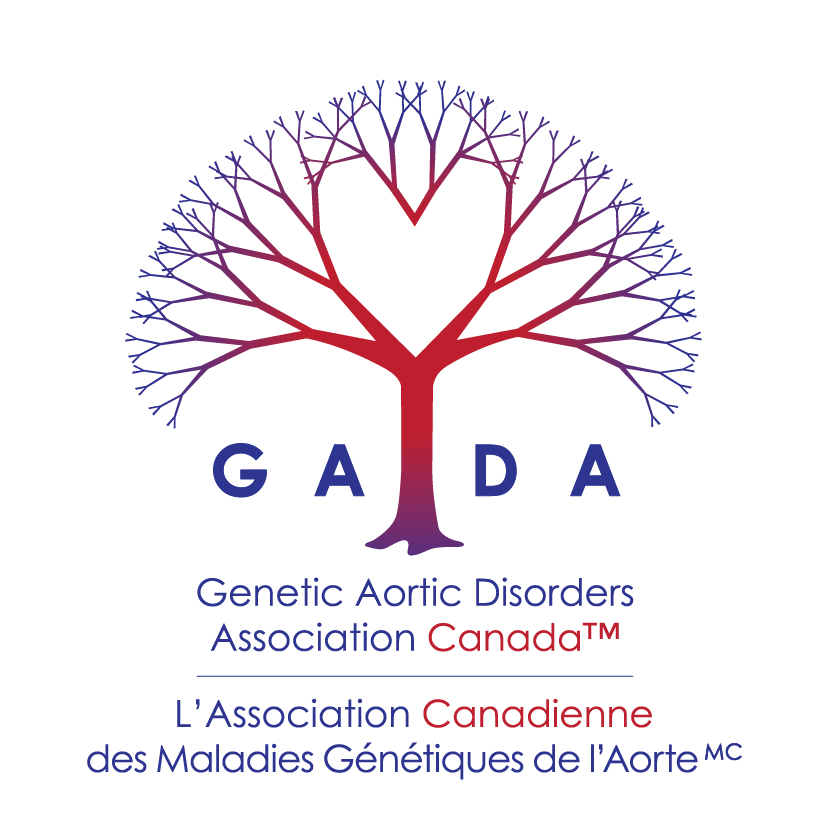Update on the Clinical Trial Comparing Atenolol and Losartan
Reed E. Pyeritz, M.D., Ph.D.
Professor of Medicine & Genetics
University of Pennsylvania School of Medicine
Philadelphia, PA, USA
The news in April, 2006, that a drug commonly prescribed for high blood pressure prevents many, if not most, of the features of Marfan syndrome in a mouse model of the condition generated tremendous excitement. The drug is losartan (brand name Cozaar® in Canada and the U.S.A.). Many people with Marfan syndrome, their families, and their physicians have expressed strong interest in beginning treatment as soon as possible. However, the ‘party line’ appropriately has been, and will continue to be, that losartan should not be prescribed specifically for Marfan syndrome until a clinical trial in humans confirms the findings in the mouse. There are numerous examples of promising therapies in various animal models of disease that simply did not work as expected when tried in humans.
Losartan likely works in Marfan syndrome, not by lowering blood pressure (which is often not elevated anyway), but by interfering with a small signaling molecule called transforming growth factor-beta (TGFβ). Most of the problems in Marfan syndrome seem to be due to over-activity of TGFβ, during development of the fetus, growth of the child, and life-long in the adult. The currently accepted medical treatment for Marfan syndrome, the β-adrenergic blocking drugs, such as atenolol (Tenormin®), help to delay enlargement of the aorta and reduce the risk of aortic dissection, but by mechanisms that are not fully understood. Furthermore, β-adrenergic blocking drugs do not seem to improve any of the other features of Marfan syndrome. Atenolol does protect the aorta in the mice with Marfan syndrome, but only to a limited extent.
Conducting a large human clinical trial is enormously expensive. The National Heart, Lung and Blood Institute (NHLBI), one of the National Institutes of Health (NIH) in the U.S., was already funding a network of 8 pediatric heart centers (including SickKids in Toronto) to conduct studies of early-onset cardiovascular disease. To achieve the required recruitment of 604 subjects (aged 6 months to 25 years) for this trial a number of additional auxiliary sites in the U.S and one in Europe (Belgium) have been added. The study design is a direct comparison of atenolol versus losartan. People who meet strict diagnostic criteria for Marfan syndrome, have considerable aortic enlargement, and are not likely to require aortic surgery in the next 6 months can join the study. If they or their parents give their consent, each subject is randomly assigned to either losartan or atenolol. The major “endpoints” of the study are the change in rate of growth of diameter in the aortic root, the occurrence of dissection, or the need for surgery. Each subject will be studied for 3 years. Since recruiting this large number of subjects will take considerable time, the entire project will take about 6 years. A Data Safety and Monitoring Board will review the results to date periodically; if one drug or the other shows a statistically significant advantage before the official end of the trial, then the study will be stopped and all subjects offered the better drug.
This trial started in Jan 2007 and recruitment is ongoing.
You can find additional information about the trial at:
http://www.pediatricheartnetwork.org/marfanforparents.asp
If you require further information please contact:
Eva Theofilopoulos at the Canadian Marfan Association
E-mail: eva@marfan.ca or info@marfan.ca
Phone: 905-826-3223
Toll free: 1-866-722-1722
Or
Liz Radojewski, RN, Study Coordinator at SickKids Hospital & Toronto General Hospital, UHN
Phone: 416-813-2179
Toll free: 1-866-613-7778
Email: elizabeth.radojewski@sickkids.ca
